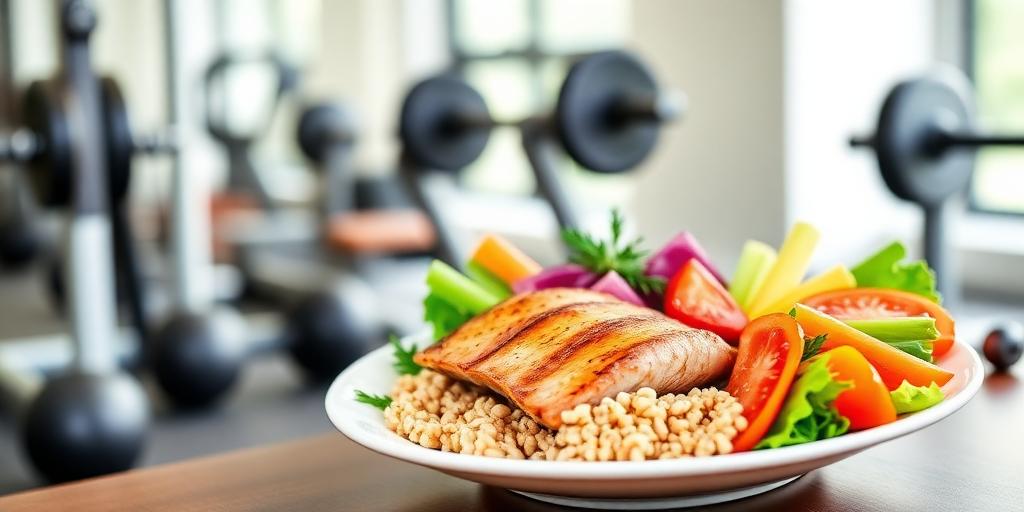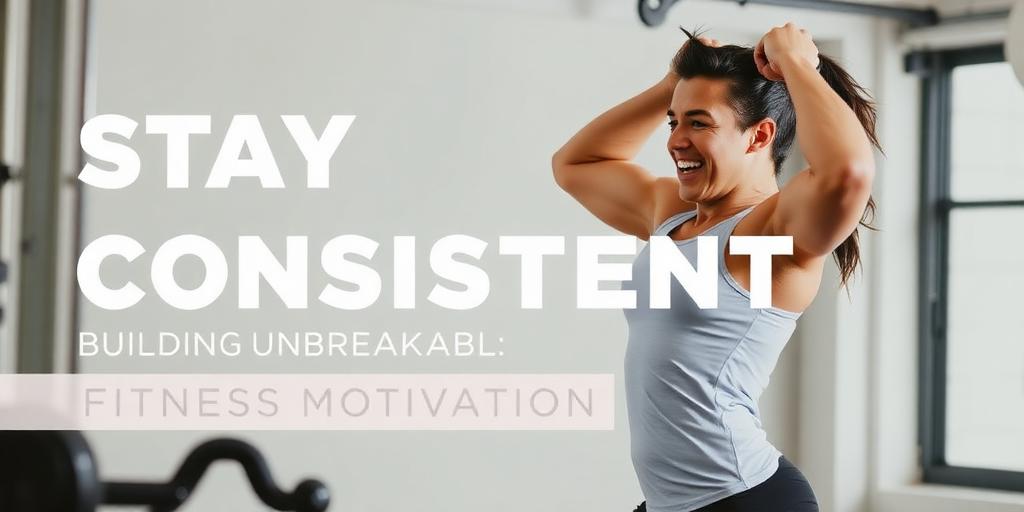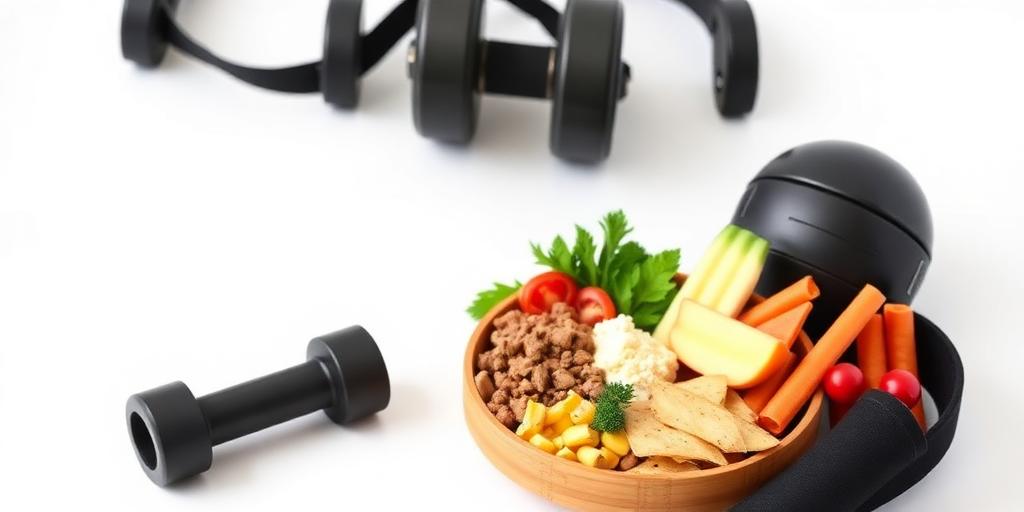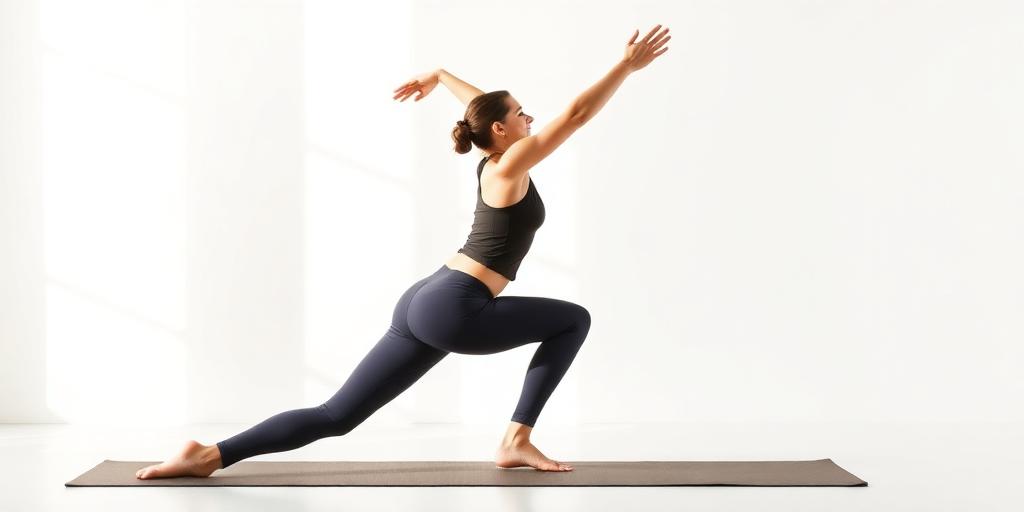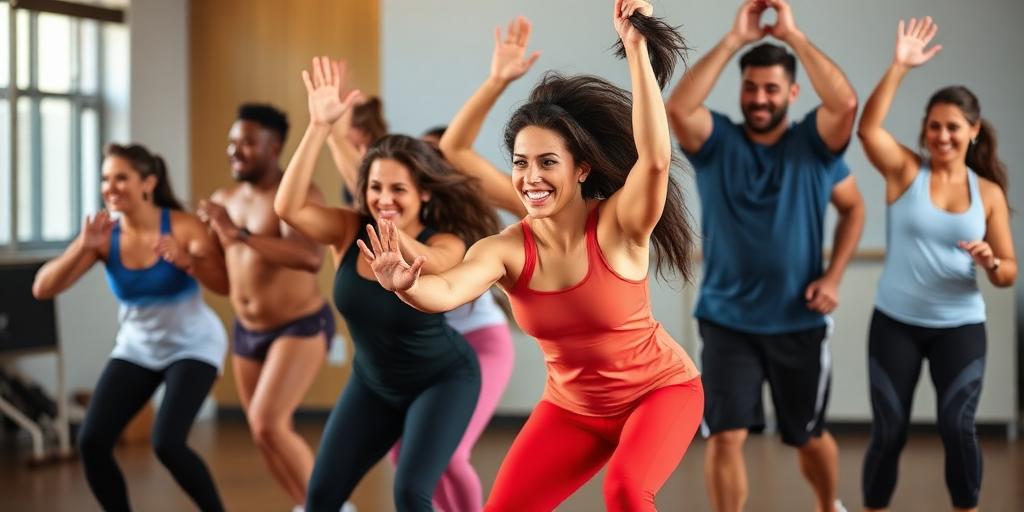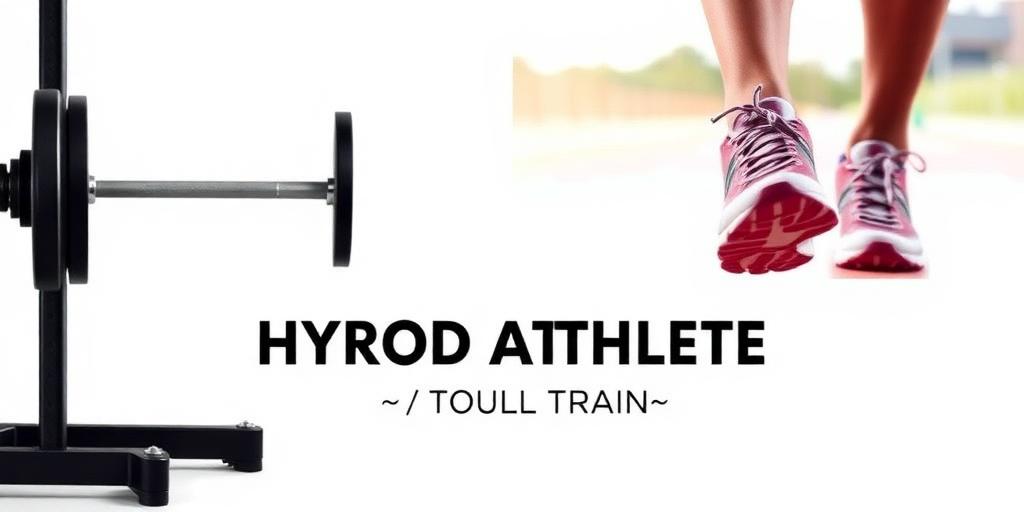What Should I Eat for Fitness? Your Nutrition Questions Answered
Fitness is more than just hitting the gym; it's about fueling your body with the right nutrients. Whether you're aiming to build muscle, lose weight, or simply maintain a healthy lifestyle, nutrition plays a crucial role. Let's dive into some common nutrition questions to help you optimize your diet for fitness.
1. What is the best diet for muscle gain?
To build muscle, you need a combination of protein, carbohydrates, and healthy fats. Protein is the building block of muscle, so it's essential to consume enough of it. Aim for around 0.8 to 1 gram of protein per pound of body weight. Good sources include:
- Lean meats (chicken, turkey, beef)
- Fish (salmon, tuna, cod)
- Eggs
- Dairy (Greek yogurt, cottage cheese)
- Plant-based options (tofu, lentils, beans)
Carbohydrates provide energy for your workouts and help replenish glycogen stores. Opt for complex carbs like:
- Whole grains (brown rice, quinoa, oats)
- Vegetables (broccoli, spinach, sweet potatoes)
- Fruits (bananas, berries, apples)
Healthy fats are also important for hormone production and overall health. Include sources like:
- Avocados
- Nuts and seeds
- Olive oil
2. How should I adjust my diet for weight loss?
For weight loss, you need to create a calorie deficit, meaning you're burning more calories than you consume. Focus on:
- Prioritizing protein: Helps you feel full and preserves muscle mass.
- Eating plenty of fiber: Found in fruits, vegetables, and whole grains, fiber keeps you satiated.
- Reducing processed foods and added sugars: These are often high in calories and low in nutrients.
- Drinking plenty of water: Helps you feel full and supports metabolism.
Consider these tips:
- Track your calories: Use a food diary or app to monitor your intake.
- Plan your meals: Prepping meals can help you stay on track.
- Don't skip meals: Skipping meals can lead to overeating later.
3. What are the best pre- and post-workout meals?
Pre-Workout:
Your pre-workout meal should provide energy for your workout. A combination of carbs and protein is ideal. Examples include:
- Oatmeal with berries and protein powder
- Banana with almond butter
- Greek yogurt with fruit
Consume this meal 1-2 hours before your workout.
Post-Workout:
Your post-workout meal should help replenish glycogen stores and repair muscle tissue. Aim for a combination of carbs and protein. Examples include:
- Protein shake with fruit
- Chicken breast with sweet potato
- Cottage cheese with pineapple
Consume this meal within 30-60 minutes after your workout.
4. Are supplements necessary for fitness?
Supplements can be helpful, but they're not essential. Focus on getting most of your nutrients from whole foods. However, some supplements that may be beneficial include:
- Protein powder: Convenient for meeting protein goals.
- Creatine: Enhances strength and muscle growth.
- Omega-3 fatty acids: Support overall health.
- Vitamin D: Important for bone health and immune function.
Always consult with a healthcare professional before starting any new supplements.
5. How important is hydration for fitness?
Hydration is crucial for fitness. Water helps regulate body temperature, transport nutrients, and lubricate joints. Dehydration can lead to fatigue, muscle cramps, and decreased performance. Aim to drink plenty of water throughout the day, especially before, during, and after workouts.
- Carry a water bottle: Make it easy to stay hydrated.
- Drink before you're thirsty: Thirst is a sign that you're already dehydrated.
- Consider electrolyte drinks: Especially during intense workouts or in hot weather.
Conclusion
Nutrition is a vital component of fitness. By understanding your body's needs and fueling it with the right nutrients, you can optimize your workouts, achieve your fitness goals, and improve your overall health. Remember to focus on whole foods, stay hydrated, and listen to your body's cues.

